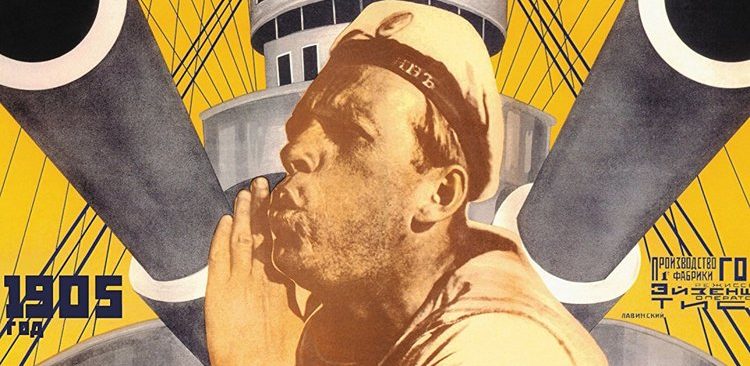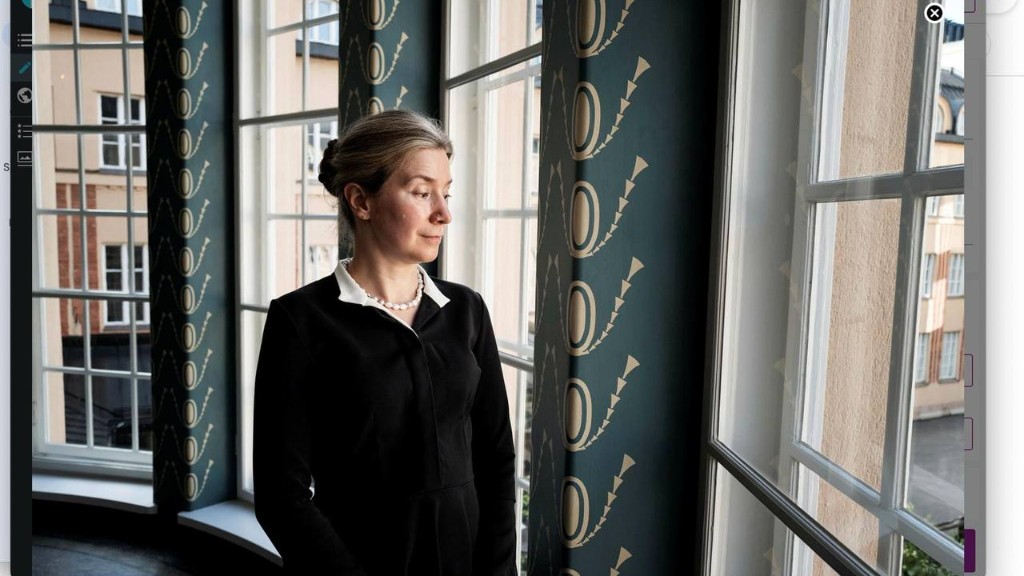- Событие прошло

When British Intelligence Saw Battleship Potemkin
Anglo-Russia Research Network Reading Group: When British Intelligence Saw Battleship Potemkin
This session will look at the way in which early Soviet cinema first entered the UK, most famously Sergei Eisenstein’s Battleship Potemkin, but also other works by the celebrated cinematographer and the work of Vsevolod Pudovkin.
The discussion will be led by Dr Timothy Phillips, author of The Secret Twenties: British Intelligence, the Russians and the Jazz Age, which was published by Granta in September.
The British Government was extremely nervous when it learned in the mid-1920s that reels of Soviet films were circulating on the international market. These films, it was thought, had been created explicitly for propaganda purposes and with the aim of fomenting world revolution. In the UK, it fell to the British Board of Film Censorship (forerunner of today’s BBFC) to decide whether Soviet films could be shown. But the BBFC felt nervous about reaching this decision alone and, on a number of occasions, invited Whitehall mandarins and officers from MI5 and police Special Branch to attend secret Soho screenings in order to help it come to a view. These screenings resulted in confidential write-ups, in which attendees critiqued Soviet films and gave their views about what to censor. The write-ups have now been declassified and Timothy Phillips has studied them as part of his research for his new book.
In addition to reading a selection from these unique documents, and the associated correspondence, we will also look at the other side of early British reactions to the first Soviet feature films, in particular the role played by the Film Society, under whose auspices Potemkin eventually received its first (private) British screening in 1929. The early Soviet contribution to world culture is often thought to have been strongest in the field of cinema, something that many intellectuals, in Britain and elsewhere, already argued at the time. But the specific geopolitical context in which these films came into existence, and the intentions of their makers and funders, have always meant that aesthetic and ideological appraisals have had to compete for attention.
Timothy Phillips is the author of The Secret Twenties: British Intelligence, the Russians and the Jazz Age (Granta Books, September 2017). He holds a doctorate from Oxford University, where his thesis was on the development of leisure resorts in 19th-century Russia. His first book was Beslan: The Tragedy of School No. 1 (Granta Books, 2007).
Find Events
| June | July | August | September | October | November | December | ||||||||||||||||||||||||||||||||||||||||||||||||||||||||||||||||||||||||||||||||||||||||||||||||||||||||||||||||||||||||||||||||||||||||||||||||||||||||||||||||||||||||||||||||||||||||||||||||
Mon16 | Tue17 | Wed18 | Thu19 | Fri20 | Sat21 | Sun22 | Mon23 | Tue24 | Wed25 | Thu26 | Fri27 | Sat28 | Sun29 | Mon30 | Tue01 | Wed02 | Thu03 | Fri04 | Sat05 | Sun06 | Mon07 | Tue08 | Wed09 | Thu10 | Fri11 | Sat12 | Sun13 | Mon14 | Tue15 | Wed16 | Thu17 | Fri18 | Sat19 | Sun20 | Mon21 | Tue22 | Wed23 | Thu24 | Fri25 | Sat26 | Sun27 | Mon28 | Tue29 | Wed30 | Thu31 | Fri01 | Sat02 | Sun03 | Mon04 | Tue05 | Wed06 | Thu07 | Fri08 | Sat09 | Sun10 | Mon11 | Tue12 | Wed13 | Thu14 | Fri15 | Sat16 | Sun17 | Mon18 | Tue19 | Wed20 | Thu21 | Fri22 | Sat23 | Sun24 | Mon25 | Tue26 | Wed27 | Thu28 | Fri29 | Sat30 | Sun31 | Mon01 | Tue02 | Wed03 | Thu04 | Fri05 | Sat06 | Sun07 | Mon08 | Tue09 | Wed10 | Thu11 | Fri12 | Sat13 | Sun14 | Mon15 | Tue16 | Wed17 | Thu18 | Fri19 | Sat20 | Sun21 | Mon22 | Tue23 | Wed24 | Thu25 | Fri26 | Sat27 | Sun28 | Mon29 | Tue30 | Wed01 | Thu02 | Fri03 | Sat04 | Sun05 | Mon06 | Tue07 | Wed08 | Thu09 | Fri10 | Sat11 | Sun12 | Mon13 | Tue14 | Wed15 | Thu16 | Fri17 | Sat18 | Sun19 | Mon20 | Tue21 | Wed22 | Thu23 | Fri24 | Sat25 | Sun26 | Mon27 | Tue28 | Wed29 | Thu30 | Fri31 | Sat01 | Sun02 | Mon03 | Tue04 | Wed05 | Thu06 | Fri07 | Sat08 | Sun09 | Mon10 | Tue11 | Wed12 | Thu13 | Fri14 | Sat15 | Sun16 | Mon17 | Tue18 | Wed19 | Thu20 | Fri21 | Sat22 | Sun23 | Mon24 | Tue25 | Wed26 | Thu27 | Fri28 | Sat29 | Sun30 | Mon01 | Tue02 | Wed03 | Thu04 | Fri05 | Sat06 | Sun07 | Mon08 | Tue09 | Wed10 | Thu11 | Fri12 | Sat13 | Sun14 | Mon15 | Tue16 | Wed17 | Thu18 | Fri19 | Sat20 | Sun21 | Mon22 | Tue23 | Wed24 | Thu25 | Fri26 | Sat27 | Sun28 | Mon29 | Tue30 | Wed31 |
SUBSCRIBE
Receive our digest once a week with quality Russian events and articles




